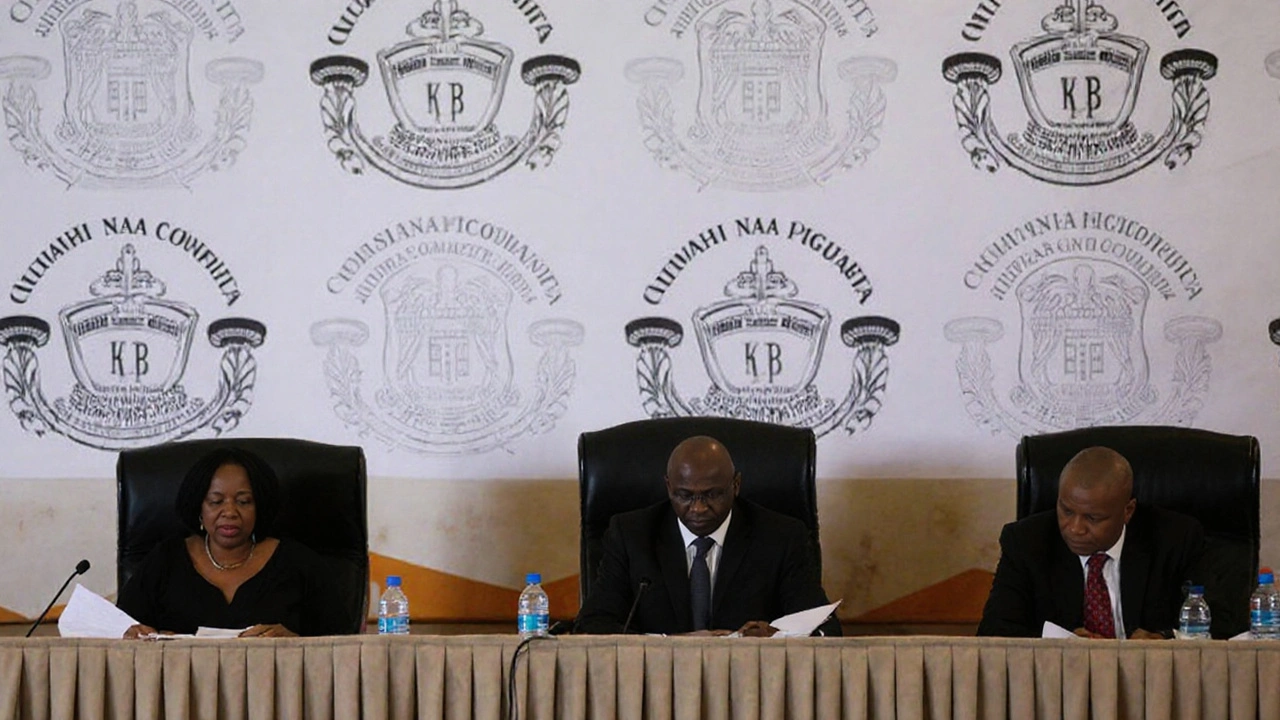South Africa Corruption: Inside the R2bn Tembisa Hospital Scandal
Corruption hits the headlines every day, but the Tembisa Hospital case is a stark reminder of how deep the problem runs in South Africa. When former CEO Dr Ashley Mthunzi died, the story resurfaced with fresh outrage and a call for serious change. If you follow South African news, you know the health sector has been a hotbed for shady deals – this case just proved it on a massive scale.
The Tembisa Hospital R2bn Scandal
In simple terms, the scandal revolves around contracts worth roughly 2 billion rand that were awarded without proper checks. Mthunzi, who led the hospital for years, was accused of turning a blind eye to inflated invoices and phantom suppliers. The Special Investigating Unit (SIU) found that many of the procurement processes bypassed normal tender rules, allowing a handful of companies to line their pockets.
Why does this matter to everyday South Africans? Because the money meant for buying essential medicines, equipment, and staff salaries vanished. Patients at Tembisa Hospital faced longer wait times, outdated machines, and a lack of basic supplies. The fallout isn’t just financial – it erodes public trust in the government and fuels the belief that officials put themselves first.
What’s shocking is how the scheme stayed hidden for years. Audits were either delayed or ignored, and whistle‑blowers faced intimidation. Mthunzi’s sudden death added a grim twist, prompting families of victims to demand transparency and justice.
Why Procurement Reform Matters
South Africa’s procurement rules were designed to be tight, but loopholes and weak enforcement have made them easy to cheat. Experts argue that real reform has to start with three things: clear guidelines, independent oversight, and swift penalties for breaching the law.
First, guidelines need to be simple enough for every department to follow. When rules are buried in legal jargon, officials can claim ignorance. Second, an independent body—outside of the department that issues contracts—should audit every big purchase. Think of it as a watchdog that reports directly to Parliament, not the minister who signed the deal.
Finally, penalties must be swift and severe. If a company or official gets away with a fine that’s less than the profit they made, the system never changes. Recent calls from civil society groups suggest a “corruption court” that fast‑tracks these cases, cutting down years of legal limbo.
Beyond the legal side, public awareness plays a big role. When citizens know what to look for—like unusually high contract values or repeated use of the same suppliers—they can press for answers before the damage spreads.
The Tembisa Hospital story is painful, but it also offers a chance to reset the conversation around corruption in South Africa. By tightening procurement, boosting oversight, and holding guilty parties accountable, the nation can protect the resources that should improve health, education, and infrastructure.
So, what can you do? Keep an eye on local news, support watchdog groups, and demand that elected officials push for real reform. Corruption thrives in silence; speaking up is the first step toward change.

Madlanga Commission: Police Chief Mkhwanazi Blames MPs for Intelligence Abuse and Says Zondo Never Summoned Him
KwaZulu‑Natal Police Commissioner Nhlanhla Mkhwanazi testified for a second day before the Madlanga Commission, naming MPs for alleged misuse of crime intelligence and revealing he was never called to appear before the Zondo Commission. His statements touch on the disbandment of a provincial task team, ties to suspended minister Senzo Mchunu, and coordination gaps between police and prosecutors.